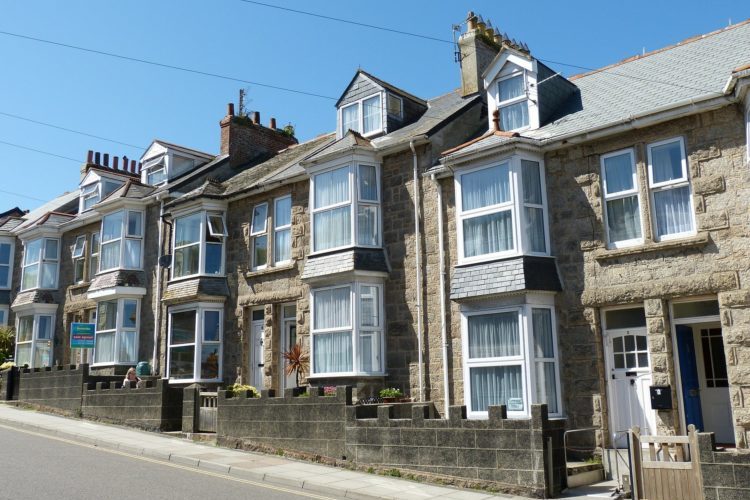House size a factor in tackling global climate emergency

New research led by the University of St Andrews reveals that in order to achieve ambitious global climate change targets, energy policy must factor in that average space per person is increasing in homes.
The new study, published in Nature Energy (Monday 16 December), identified globally an increase in house size and parallel demographic trends of decreasing household size, resulting in a global shift towards more domestic space per person. To meet climate targets, energy research and policy must therefore factor in changing trends in house size and household size.
The study outlines why energy research must consider lifestyle expectations and demographic trends that are generally seen as outside the remit of energy policy. This is because the main energy use in homes is for heating space. Current trends of larger homes and fewer occupants are not addressed by government interventions of energy efficiency programmes and pro-environmental behaviour campaigns.
The research, led by Dr Katherine Ellsworth-Krebs at the School of Geography and Sustainable Development, University of St Andrews, highlights missed opportunities for governments to reduce energy demand in the face of the global climate emergency.
Declining household size is a common feature of advanced societies and can be attributed to a desire for increased privacy. In the UK, poor sound-proofing and disturbance from neighbours is one of the most common complaints about living in flats and justification for the desire for a detached house, which points to improving standards of visual and acoustic privacy being key in improving satisfaction with smaller, high-density forms of housing. With the decline of multi-generational households, ‘empty-nesters’ may be advised to invest in energy efficiency but downsizing or taking on lodgers would be more effective to reduce energy demand.
Dr Ellsworth-Krebs said: “Household size decline has important energy implications and shifts in household size are an important determinant of energy consumption and carbon emissions.
“Ensuring housing offers basic necessities of shelter and privacy are essential yet increasing space per person has implications for energy and these trends beg the question: why do we need larger houses for smaller households?”
The paper ‘Implications of declining household sizes and expectations of home comfort for domestic energy demand’ is published in Nature Energy and is available online.
Please ensure that the paper’s DOI (doi.org/10.1038/s41560-019-0512-1) is included in all online stories and social media posts and that Nature Energy is credited as the source.
Issued by the University of St Andrews Communications Office.
